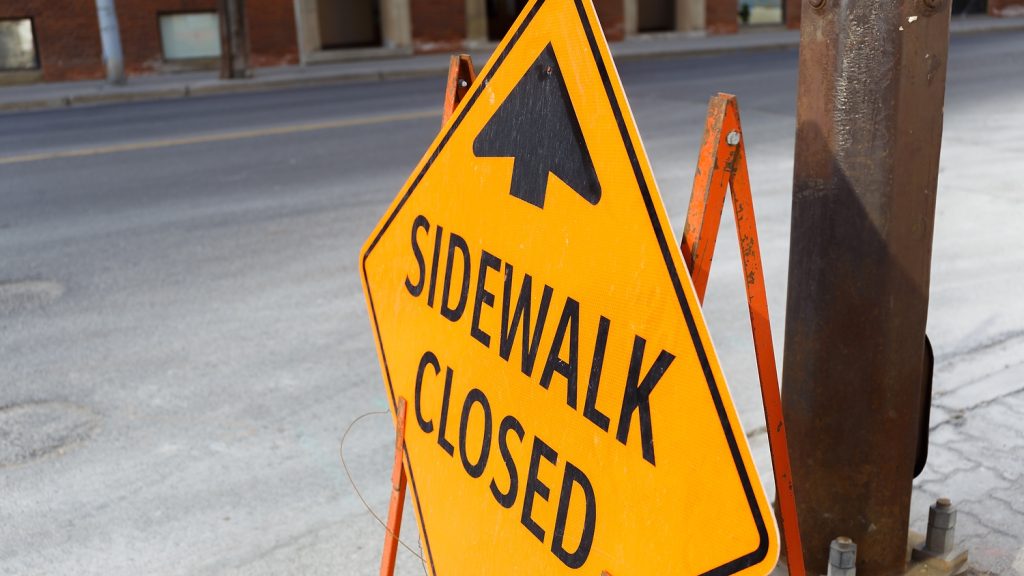How dry weather in Alberta could affect food prices

Posted Jan 29, 2024 10:35 am.
Lack of water can cause a lot of problems; Alberta has been experiencing dry conditions this winter and if the lack of precipitation continues into the spring, local food producers will be dealing with drought, and that could affect food prices for consumers.
Keith Degenhardt is vice president for the Alberta Federation of Agriculture and operates cattle and seed operations in east central Alberta, and says they are preparing for dry conditions.
“We’re looking at the fact we’re going to drill some extra wells, we are on a zero till operation, but we’re going to look at which crops and which variety of crops we will grow because we’re going to be looking at growing ones that are definitely lean, to be able to be productive under lower moisture conditions,” he explained.
Economics professor Chetan Dave says there is direct and indirect effects if the province experiences severe drought — from locally grown products getting more expensive to the cattle industry being affected by having to import feed.
“A drought is like a classic negative supply shock,” he said. “We’re experiencing extreme weather patterns, relatively speaking, rising temperatures across the globe, and that is going to be causing food insecurity not just here in Alberta and Calgary and Edmonton and Red Deer, but it is going to cause food insecurity almost everywhere.”
Degenhardt agrees, saying when looking at drought, it’s not just here in Alberta, it’s a concern in other parts of western Canada, areas of the U.S., and other countries too.
“If we have a reduction in total supply, then we’re going to see yes, increases in costs again to consumers as to what they’re going to have to pay for some of the basics like their flour, their bread. They’re going to see stronger prices because there is just less supply out there,” he said.
Dave sees that the negative effects of climate change causing food insecurity will affect consumers that already see high food prices here in Alberta.
“It’s going to be quite devastating and that’s just not on the lower end of the income spectrum for the distribution — even the middle class here in Alberta is suffering a fair bit from the fact that every time they go to the grocery store it’s $50 more. I’m sorry but that cuts into family budgets, it really does.








